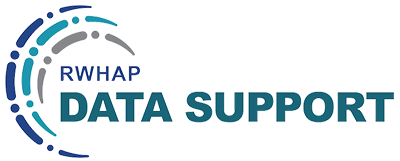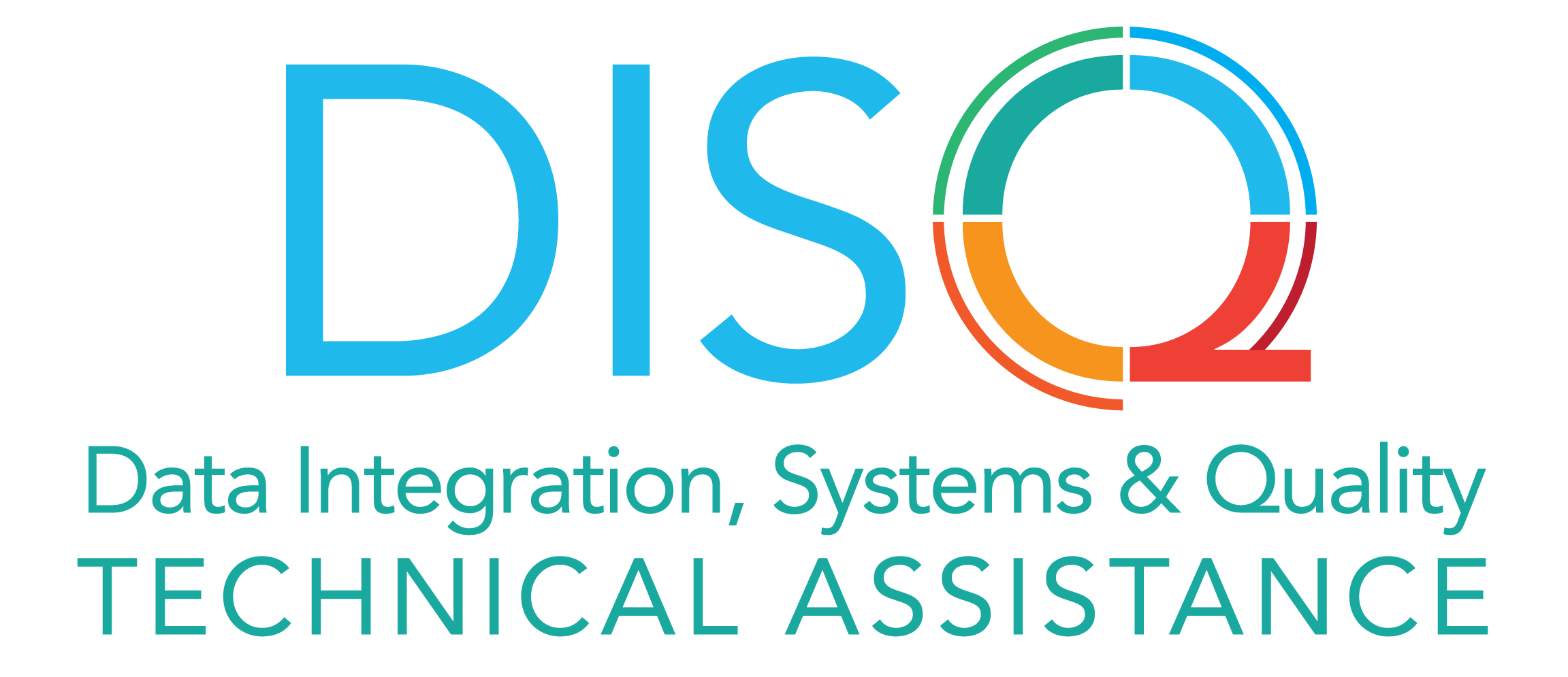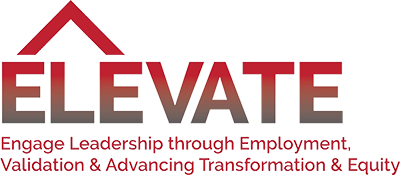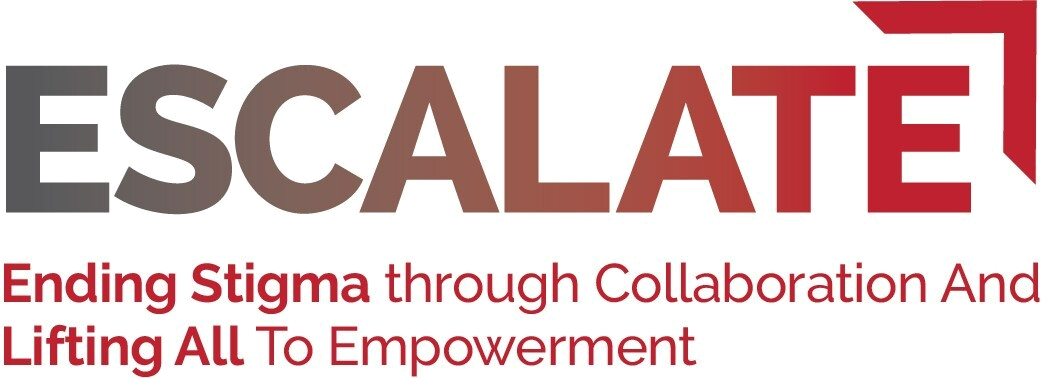The Ryan White HIV/AIDS Program offers training and technical assistance (TA, like manuals, webinars, phone assistance) to support recipients in key areas. This directory is of active (meaning currently funded) TA projects, organized by primary topic area. Completed initiatives can be found in the archive. Resources are listed on TA pages and are housed in the TargetHIV Library (by topic/sub-topic).
Ending the HIV Epidemic
TAP-in supports the 47 EHE jurisdictions funded by HRSA to strengthen their EHE work plans, promote cross-jurisdictional learning, and ensure jurisdictions have access to the resources they need. Project period: 2020-2025.
- The SCP delivers TA aimed at strengthening healthcare system engagement in local EHE efforts by supporting the coordination of planning activities, alignment of funding sources, and program implementation. Project period: 2020-2025.
Program & Grant Management
HRSA recipients' first point-of-contact for managing federal grants and accessing training and technical assistance.
Clinical Quality Management
TA/training for RWHAP agencies to improve the quality of HIV/AIDS care they provide. Project period: 2020-2024.
Targeted, time-limited technical assistance for clinical quality management for RWHAP recipients and subrecipients.
- Platform for RWHAP Part D recipients to increase the delivery of care innovations; increase the skills of staffing working with women, infant, children and youth; and support partner collaboration for dissemination of best practices.
Data & Reporting (CAREWare, RSR, ADR, EHB, CDR, EHE, HIVQM, AETC)
CAREWare help desk addresses issues pertaining to the CAREWare data collection system. - 877-294-3571 - [email protected]
Help with the RSR, ADR, CDR, EHE, HIVQM, and AETC data systems. Project period: 2020-2025.
Help with HRSA Electronic Handbooks (EHB) - 877-464-4772 - 8am-8pm ET, M-F - Contact HRSA About the EHB
- Interactive data tool to visualize the reach, impact, and outcomes of the RWHAP. HRSA offers office hours and webinars to help use the tool.
RSR, ADR, HIVQM, PTR, AETC, DSR, GCMS, EHE - 888-640-9356 - 10am-6:30pm ET, M-F [email protected] Project period: 2022-2026.
Health Coverage
- Capacity building for the RWHAP community to navigate the changing health care landscape and help people with HIV to access and use their health coverage to improve health outcomes. Project period: 2022-2025.
TA and training on administration of Ryan White ADAPs and Part B planning and management. Project period: 2022-2027.
HIV Care Innovations
- The ALAI UP Project will support the implementation and delivery of LAI ART at eight demonstration sites in EHE jurisdictions across the US providing care to underserved populations and communities of color.
- SPNS project evaluating interventions that seek to improve the well-being of RWHAP clients 50 and older. Project period: 2022-2025.
- Initiative documenting best practice strategies and interventions that have been shown to improve HIV outcomes in a "real world" setting and can be replicated by other programs. Project period: 2021-2024.
- Design, implementation, and evaluation of bundled evidence–informed interventions for Black women with HIV. Project period: 2020-2024.
- SPNS initiative on implementation and evaluation of interventions that accelerate initiation of antiretroviral therapy (Rapid Start). Project period: 2020-2024.
Adaptation of HRSA HAB SPNS program insights into practical resources. Project period: 2023-2025.
- HRSA SPNS project applying the implementation science framework to identify innovative HIV interventions for three priority populations (people with substance use disorder, sexual minority youth, people involved in criminal justice system) and use of telehealth. Project period: 2021-2025.
- Assessment of how, where, and why dissemination products are accessed and used, as well as the utility and performance of the products created under SPNS- and TA-funded initiatives. Project period: 2022-2025.
- This SPNS initiative seeks to improve state capacity to collect and report HIV viral suppression data in the annual state Medicaid Adult Core Set reporting. Project period: 2021-2025.
- SNAP aims to advance whole person approaches to reduce disparities, prevent new HIV diagnoses, and improve health outcomes for communities disproportionately affected by HIV and related syndemics.
- SPNS initiative on development of housing-related intervention strategies for three populations with HIV experiencing unstable housing: LGBTQ+; people ages 13-24); and people who have been justice involved. Project period: 2022-2025.
- Identify and maximize the use of telehealth strategies that are most effective in HIV care. Project period: 2022-2025.
HIV Clinician Training & Support
- The central hub of the AETC Program, the clinical training arm of the RWHAP, through HIV curricula, technical support to regional AETCs on practice transformation and best practices, and housing of all AETC-developed tools for HIV clinical staff. Project period: 2019-2024.
Clinician consultation on HCV management, HIV management, perinatal HIV/AIDS, pre-exposure prophylaxis (PrEP), post-exposure prophylaxis, substance use. Project period: 2016-2025.
- The NHC provides ongoing, up-to-date information needed to meet the core competency knowledge for HIV prevention, screening, diagnosis, and ongoing treatment and care to healthcare providers in the United States. Project period: 2020-2022.
- The AETC Program offers clinician education and tailored capacity-building assistance. Project period: 2019-2024.
People with HIV & Community Involvement
- Support for leadership development and enhancement of meaningful engagement for people with HIV in health care planning and programs, inclusive of RWHAP-funded organizations. Project period: 2024-2028.
ELEVATE will prepare people with HIV to meaningfully engage and take on leadership roles in planning bodies, advocacy actions, and the HIV workforce. Project period: 2020-2024.
ESCALATE will focus on reducing HIV stigma through training participants in EHE jurisdictions. Project period: 2020-2024.
Planning and Planning Bodies
Support for Part A and B recipients and their planning bodies around integrated HIV/AIDS planning efforts. Project period: 2016-2027.
Training and TA Projects
These projects provide free resources and assistance to Ryan White HIV/AIDS Program recipients, subrecipients, clinicians, and other staff, including people with HIV who have roles in planning and agency operations.






